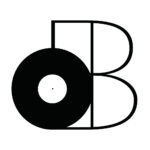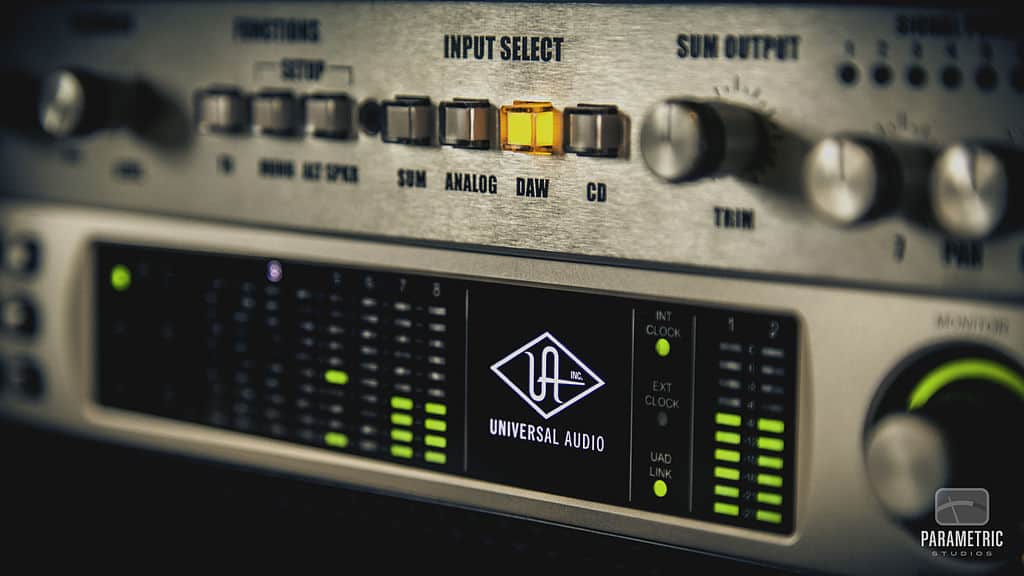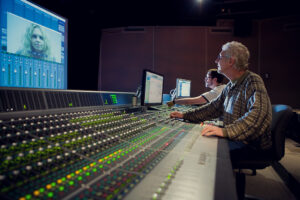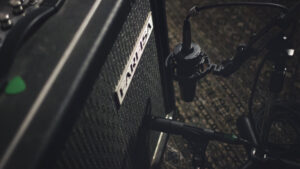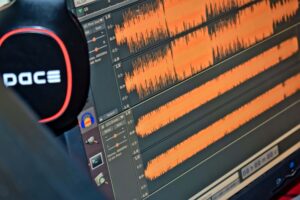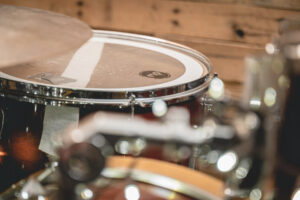You’ve most likely heard of analog modelling (also known as physical modelling), but Universal Audio plugins go much deeper than that. So, are Universal Audio plugins better or are they just as overpriced as the hardware? Let’s find out!
The most important thing you need to keep in mind when asking “are Universal Audio plugins better” is their symbiotic relationship with UAD hardware. I’ve never used plugins that work hand-in-hand with an audio interface (more specifically, the preamps). Universal Audio’s revolutionary Unison-enabled preamps take analog modelling to the next level by bridging the gap between the physical/digital world. If I’ve sparked your interest, you’ll want to keep reading to find out exactly why Universal Audio plugins are better and why they’re worth every penny (especially when they’re on sale).
- Universal Audio plugins are better because of their analog modelling (physical modelling) technology
- Universal Audio plugins are better because of their integration with Unison-enabled preamps
- Universal Audio plugins are better because of their integration with onboard-DSP acceleration
- Universal Audio plugins are better because of their collaboration with the original manufacturers
- Universal Audio plugins are the best plugins I’ve ever used
Universal Audio plugins are better because of their analog modelling (physical modelling) technology
The first thing we need to understand is the difference between digital modelling and analog modelling (or physical modelling). The main difference between high-quality analog modelled plugins is the amount of work that goes into making them.
It’s even more important when the plugins were designed to emulate an ACTUAL piece of hardware.
Instead of simply creating a “snapshot” of the actual sound, Universal Audio and other reputable plugin manufacturers recreate the analog circuitry in the digital world. We’re not comparing Universal Audio to other high-quality plugin manufacturers YET, but we are making the distinction between lower-quality plugins (like the ones you can get for free).
If I wanted to recreate the sound of the Teletronix LA-2A, how would I go about doing that?
Well, if you were Universal Audio, you would partner up with the manufacturer.
Universal Audio “borrows” the schematics from them and replicates the device circuit by circuit until it sounds EXACTLY like the original. The original manufacturers have approved of every plugin prior to its release, so that’s some pretty serious accountability. Isn’t it?
Here are some of their partners:
- Neve
- Lexicon
- Pultec
- Empirical Labs
- Fender
- Moog
- Manley
- API
- Solid State Logic
The main thing I want you to understand is that there’s a HUGE difference between an amp model that comes included with GarageBand and the same amplifier modelled by UAD.
If you were going to have the actual physical amplifier in front of you… You could basically dial-in your settings and copy them to your UAD plugin and it’d sound the SAME. The digital modelled version would most likely sound different.
In other words, it’s the difference between a sample and the full-package.
But that’s not all!
Universal Audio plugins are better because of the integration with Unison-enabled preamps
Now we’re getting into the main feature that makes Universal Audio unique. Most of their audio interfaces are equipped with Unison-enabled preamps which have single-handedly revolutionized the realm of analog modelling.
Certain Universal Audio plugins communicate directly with these preamps.
What does that mean though?
Well, Unison-enabled plugins from Universal Audio can automatically adjust the preamps by:
- Regulating the input impedance
- Dialing-in gain staging “sweet spots”
- Recreating the component-level circuit behaviour
If that sounds complex, allow me to explain.
The main thing that distinguishes Universal Audio plugins is that they BEHAVE like the original hardware they aim to emulate. Other analog modelled plugins can certainly sound like the real deal, but it takes special hardware to recreate the feeling.
In other words, your UAD audio interface literally “transforms” into the plugin.
When I play through the Friedman Amp Collection, it feels like I’m playing an actual tube-powered amplifier. The best part is that I don’t need to crank up the volume to get the sound I’m looking for because of those gain staging “sweet spots”.
Universal Audio plugins provide that “out of the box” sound from the start.
Every instrument I run through them sounds optimized because of everything that’s happening under the hood. The plugins take care of all the technical details leaving you with presets that sound amazing no matter how you configure them.
But there’s more!
Universal Audio plugins are better because of their integration with onboard-DSP acceleration
My personal favourite feature of Universal Audio plugins is the ability to host them using your audio interface’s onboard-DSP acceleration. In layman’s terms, that means you can run your UAD plugins in zero-latency without using your computer’s CPU.
For you guitar/bass players out there, that’s some terrific news!
The problem with conventional audio interfaces and plugins is the issues with audio latency during the recording stage.
In other words, you wouldn’t be capable of recording guitar/bass into one of these amp modelling plugins without experiencing some form of audio latency. Universal Audio solves that issue once and for all by incorporating DSP into their audio interfaces.
DSP in itself isn’t new, it’s just the way that it’s being used that makes it revolutionary.
An excellent way to visualize all of this is like plugging into the actual hardware. Remember when I said that your UAD audio interface “transforms” into the plugin you’re using? Well, it’s more like having an entire rack of effects inside your audio interface.
All the processing is done internally before the signal even reaches your DAW.
Of course, you could always record with a “dry” signal and insert the effect post, but this option can make the recording process much more accurate and enjoyable. Imagine having all that gear in the palm of your hand.
It’s the way of the future, I’m telling you.
Universal Audio plugins are better because of their collaboration with the original manufacturers
The last thing we’ll be talking about is the relationship Universal Audio has cultivated with the original manufacturers of the gear they emulate. It’s really important because like we discussed earlier, you’re basically working with the same circuitry as the original.
The schematics were literally copy/pasted into the digital world (it’s more difficult than it sounds though).
The results are stunning and I really appreciate the amount of work they put into each plugin. As I mentioned earlier, they were all approved by the original manufacturer before release, so if it’s good enough for them, it should be good enough for us. Right?
I hear lots of folks saying that Universal Audio plugins don’t sound like the original…
I personally wouldn’t know because I’ve never used the originals myself, I’m a millennial after all.
However, the grammy-winning producers and engineers that use Universal Audio would completely disagree with these folks. Either way, there’s only so much we can do with digital technology. Universal Audio is as close as you’ll get!
I personally think most of their plugins sound fantastic, but there are a few I’m not too fond of (the Marshall Plexi Classic, for example).
That’s perhaps the only thing I would keep in mind in regards to sound quality. They aren’t made equal (some are better than others).
The important ones sound their best though, so that’s what really matters!
Universal Audio plugins are the best plugins I’ve ever used
After reading all of this, I hope you now understand why Universal Audio plugins are better and slightly more expensive than the competition. It’s really a package deal because they work hand-in-hand with the hardware.
That means you NEED to have your UAD audio interface to use them.
To be honest, it’d be a waste if you didn’t…
Another thing to keep in mind is that Universal Audio includes many FREE plugins (Realtime Analog Classics Bundle) with each audio interface. You’ll have everything you need to get started right out of the box, but that didn’t satisfy me!
I personally fell in love with the Friedman Amp Collection and bought it on sale (they have sales pretty often).
There are even essential effects such as Antares Auto-Tune for vocal processing/pitch correction.
I guess the whole point of working with Universal Audio is to replace your entire plugin collection with theirs. However, I still work with other plugins every now and then (especially the stock Logic Pro X plugins), but I always record my guitar/bass using UAD plugins.
They’re more than simply plugins, they’re like virtual pieces of hardware.
It’s an entirely different technology, so I highly recommend checking them out! You can read more about the audio interfaces here.
So, are Universal Audio plugins better after all? I sincerely believe so and if this article hasn’t made that clear… I don’t know what will! There’s nothing quite like these plugins. Even other manufacturers like Slate Digital haven’t managed to bridge the gap between the analog/digital worlds like Universal Audio has. The integration with the audio interfacing technologies (Unison/DSP) is what makes them the best in my opinion. If you enjoyed learning about Universal Audio, you may want to check out some of my other articles on the subject. I also encourage you to download my FREE ebook! Thanks for reading, it’s always a pleasure having you here.
Sources:

